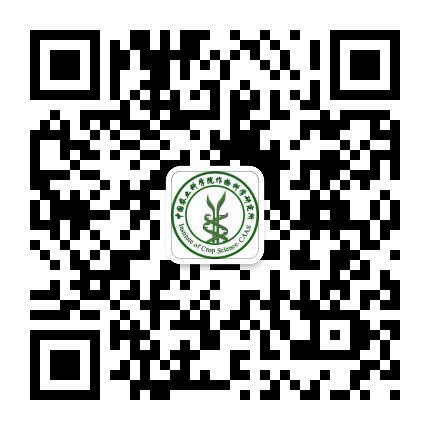Candidatus Liberibacter asiaticus' secretory protein SDE3 inhibits host autophagy to promote Huanglongbing disease in citrus
Shi, Jinxia;;Gong, Yinan;;Shi, Hongwei;;Ma, Xiaoding;;Zhu, Yuanhong;;Yang, Fan;;Wang, Dan;;Fu, Yating;;Lin, Yu;;Yang, Naiying;;Yang, Zhuhui;;Zeng, Chunhua;;Li, Weimin;;Zhou, Changyong;;Wang, Xuefeng;;Qiao, Yongli
Autophagy; 2023; IF 13.30
DOI:10.1080/15548627.2023.2213040
ABSTRACT
Antimicrobial acroautophagy/autophagy plays a vital role in degrading intracellular pathogens or microbial molecules in host-microbe interactions. However, microbes evolved various mechanisms to hijack or modulate autophagy to escape elimination. Vector-transmitted phloem-limited bacteria, Candidatus Liberibacter (Ca. Liberibacter) species, cause Huanglongbing (HLB), one of the most catastrophic citrus diseases worldwide, yet contributions of autophagy to HLB disease proliferation remain poorly defined. Here, we report the identification of a virulence effector in Ca. Liberibacter asiaticus (Las), SDE3, which is highly conserved among the Ca. Liberibacter. SDE3 expression not only promotes the disease development of HLB and canker in sweet orange (Citrus sinensis) plants but also facilitates Phytophthora and viral infections in Arabidopsis, and Nicotiana benthamiana (N. benthamiana). SDE3 directly associates with citrus cytosolic glyceraldehyde-3-phosphate dehydrogenases (CsGAPCs), which negatively regulates plant immunity. Overexpression of CsGAPCs and SDE3 significantly inhibits autophagy in citrus, Arabidopsis, and N. benthamiana. Intriguingly, SDE3 undermines autophagy-mediated immunity by the specific degradation of CsATG8 family proteins in a CsGAPC1-dependent manner. CsATG8 degradation is largely rescued by treatment with an inhibitor of the late autophagic pathway, E64d. Furthermore, ectopic expression of CsATG8s enhances Phytophthora resistance. Collectively, these results suggest that SDE3-CsGAPC interactions modulate CsATG8-mediated autophagy to enhance Las progression in citrus.




